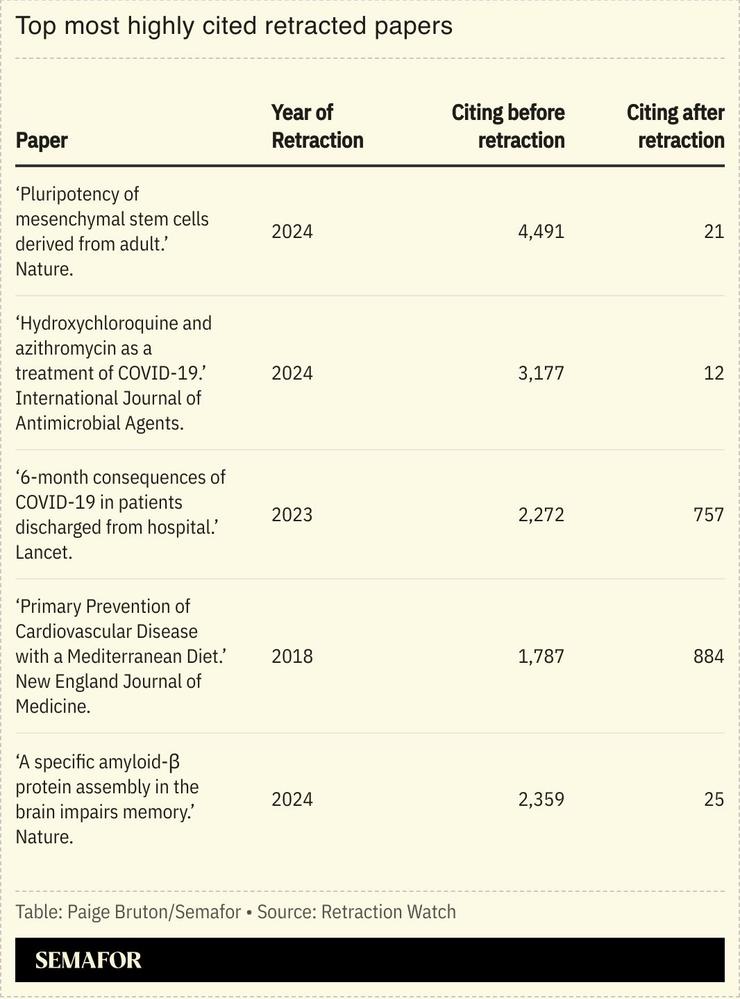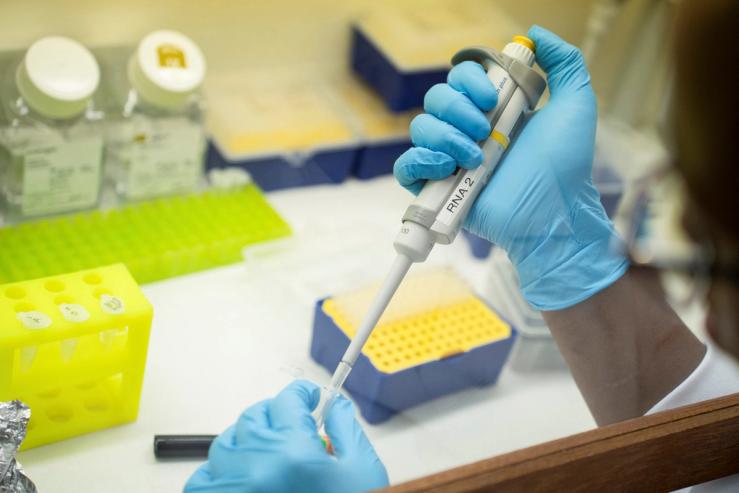Researchers found that 40% of academic papers they examined contained duplicated images, strong evidence of scientific fraud.
The papers were studying strokes in animals, and researchers not only found duplicate images but also a lack of follow-up research, another red flag pointing to baseless findings.
Duplicating images allows scientists to fabricate work they never did and suggest the evidence is stronger than it is. Such fraudulent science can slow medical progress and delay vital treatment, The Scientist reported, especially when, as in this case, journals rarely took steps to correct the record.
Fake science is a growing problem as AI gathers pace: One recent analysis suggested 15% of all cancer research papers may be fraudulent.



